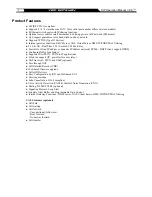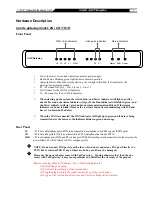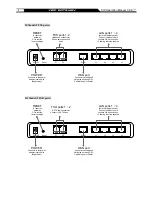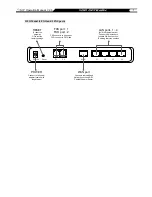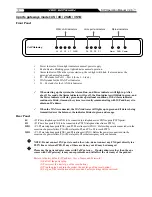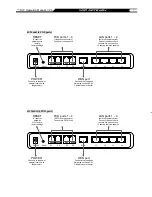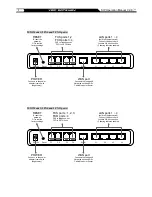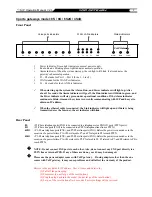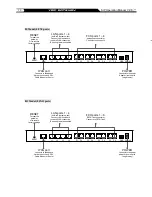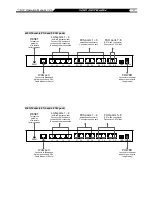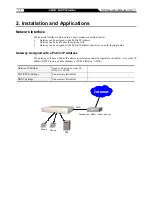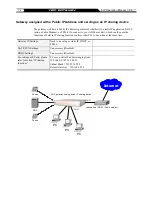
1
SIP Operation Manual V2.6
1. Introduction
Product Overview
The stand-alone VoIP Gateway carries both voice and facsimile over the IP network. It supports SIP
industry standard call control protocol to be compatible with free registration services or VoIP service
providers’ systems. It works in two different modes: UA (User Agent) or Server. As a standard user
agent, it is compatible to all well-known Soft Switches and SIP proxy servers. While running the
optional server software, the gateway can be configured to establish a private VoIP network over the
Internet without a 3
rd
party SIP Proxy Server.
There are 3 types of gateways in the same series: 2 ports, 4 ports and 8 ports (voice ports, FXS and/or
FXO). The gateway can be seamlessly integrated to existing network by connecting to a phone set, PBX,
key telephone system, fax machine or PSTN line. With only a broadband connection such as ADSL
bridge/router, Cable Modem or leased line router, it allows you to gain access to voice and fax services
over the IP in order to reduce the cost of international and long distance calls.
In addition, the in-built 4 ports Ethernet switch supports comprehensive Internet gateway functions to
accommodate other PCs or IP devices to share the same broadband stream. QoS function allows voice
and data traffic to flow through where voice traffic is transmitted in the highest priority. With TOS bit
enabled, it guarantees voice packets to have first priority to pass through a TOS enabled router.
With the support of DDNS, it makes the gateway reachable by its domain name where the IP address is
dynamically assigned by the ISP. It helps users to host a web site or mail server in a PPPoE or DHCP
network. By enabling the CDR function & setting up a simple server, administrators are allowed to log
in and view all call records such as call duration, time and date of calls and latency.
The gateway can be assigned with a fixed IP address or by DHCP, PPPoE. It adopts the G.711, G.726,
G.729A or G.723.1 voice compression format to save the network bandwidth while providing real-time
and toll quality voice. In addition, in the event that the power supply fails or Internet connection is lost,
the gateway can automatically divert the FXS end to the PSTN network on the FXO port so users can
still use the conventional PSTN line to make calls. This feature is especially useful while dialing
emergency calls (ie. 911).








